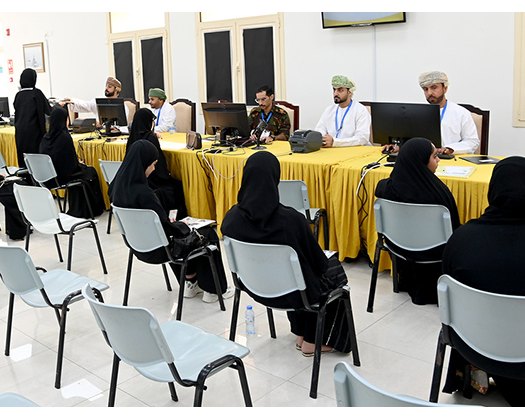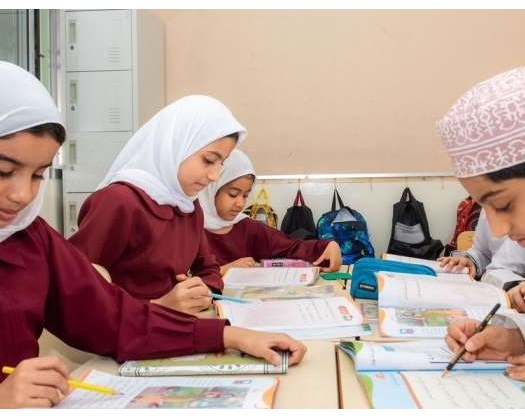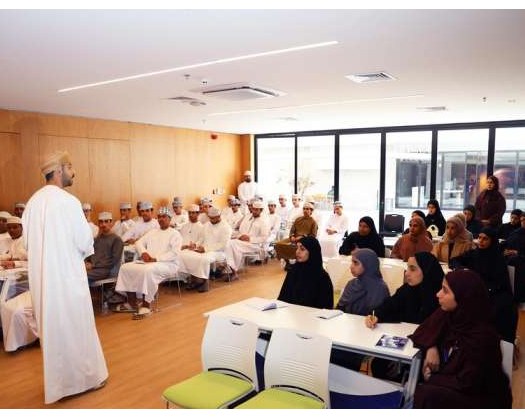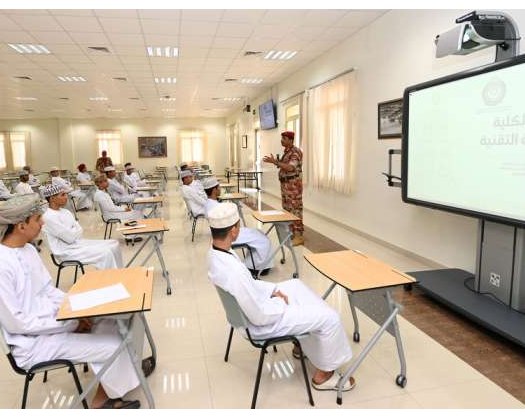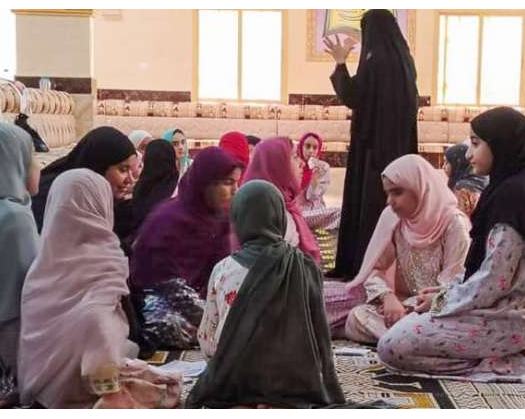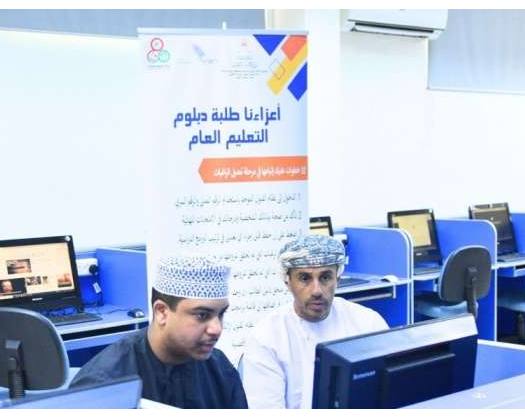Muscat: A recent study conducted by the National Centre for Statistics and Information (NCSI) has unveiled a significant increase in the utilization of social media among children within the Sultanate of Oman.
This research, which encompassed over 2,700 families in Oman, discovered that 78% of children aged under 18 were active users of social media platforms in the year 2024. This represents a notable escalation from the 14% observed in a comparable study conducted in 2019.
The findings suggest that eight out of ten children within this demographic are actively involved with social media, with approximately 60% utilizing these platforms on a daily basis for an average duration of two and a quarter hours.
YouTube emerged as the most favored platform among children, with 82% of participants using it, followed by WhatsApp at 47%, and Instagram at 31%. The analysis conducted by NCSI also highlighted variations in the usage of applications across different age groups. Younger children tend to engage more with applications featuring children's programs, whereas older children shift towards apps related to studying, communication with family and friends, and eventually to those focused on events and gaming.
The study also noted a decrease in parental supervision of social media use as children mature. While 81% of parents reported monitoring their children's social media activities, this level of oversight diminishes as the children grow older.
The 2019 study recorded a slightly lower rate of parental monitoring at 76%. Parents employ various strategies to oversee their children's social media activities, including personal follow-up (81.4%), setting specific usage times (19.8%), installing electronic monitoring programs (14.2%), blocking and limiting applications (10.1%), and identifying specific locations (4%).
Among parents who do not monitor their children's social media activities, 59% attributed this to the presence of another family member responsible for this oversight. Other reasons cited included parental confidence in their parenting abilities (20.7%), lack of time (17%), the perception of social media as a potential danger (6.7%), and a lack of knowledge on how to monitor or a belief that it is unnecessary (4.5%).
The study further explored the perceptions of parents regarding the advantages and disadvantages of their children's engagement with social media. On the positive side, 41% of households believed that social media aids in enhancing children's understanding of their studies, while 38% viewed it as a source of valuable information and news, a tool to improve cognitive awareness, impart essential skills, and strengthen familial and social bonds.
Conversely, numerous parents expressed concerns regarding the negative impacts of social media use among children. Approximately 37% were worried about exposure to pornographic and indecent content, 29% considered social media to be a time-waster, and others highlighted issues such as health problems, neglect of academic responsibilities, low academic performance, electronic addiction, and social isolation as significant concerns.
Parents expressed a range of opinions regarding their children's use of social media. Some acknowledged the educational benefits and the increased connectivity with family and friends.
One parent, Jaber Al Abri, shared, “Social media has become an indispensable tool for my child’s education. It offers valuable resources and keeps them engaged with their studies.”
Furthermore, Mussabah Al Khaldi further elaborated, "Through the utilization of social media, my offspring are able to sustain more robust connections with our extended family, a facet particularly valued within our cultural framework."
Nonetheless, a considerable number of parents continue to express reservations. "My primary concern pertains to the type of content my offspring may encounter online," Maya Al Habsi articulated.
She elaborated: "There exists a genuine concern regarding the potential exposure to content deemed inappropriate."
Another issue that was brought to light was the risk of addiction. "My offspring dedicates numerous hours to social media, which in turn, adversely affects their sleep patterns and academic performance," Salma Al Balushi articulated.
Additionally, a reduction in physical activity and face-to-face social interactions was noted by some parents.
"It appears that children of today are more isolated, dedicating less time to outdoor play or in-person social engagements," observed a parent from Barka, Saba Al Zadjali. "This over-reliance on digital platforms for entertainment and social interaction is particularly alarming," she concluded.
This extensive study highlights the increasing impact of social media on the youth in Oman, underscoring the necessity for a balanced and vigilant approach to its use in order to maximize its advantages while minimizing its potential drawbacks.
The varied viewpoints of parents underscore the intricate nature of this issue and the persistent challenge of effectively managing the digital environment to foster the healthy development of children.


